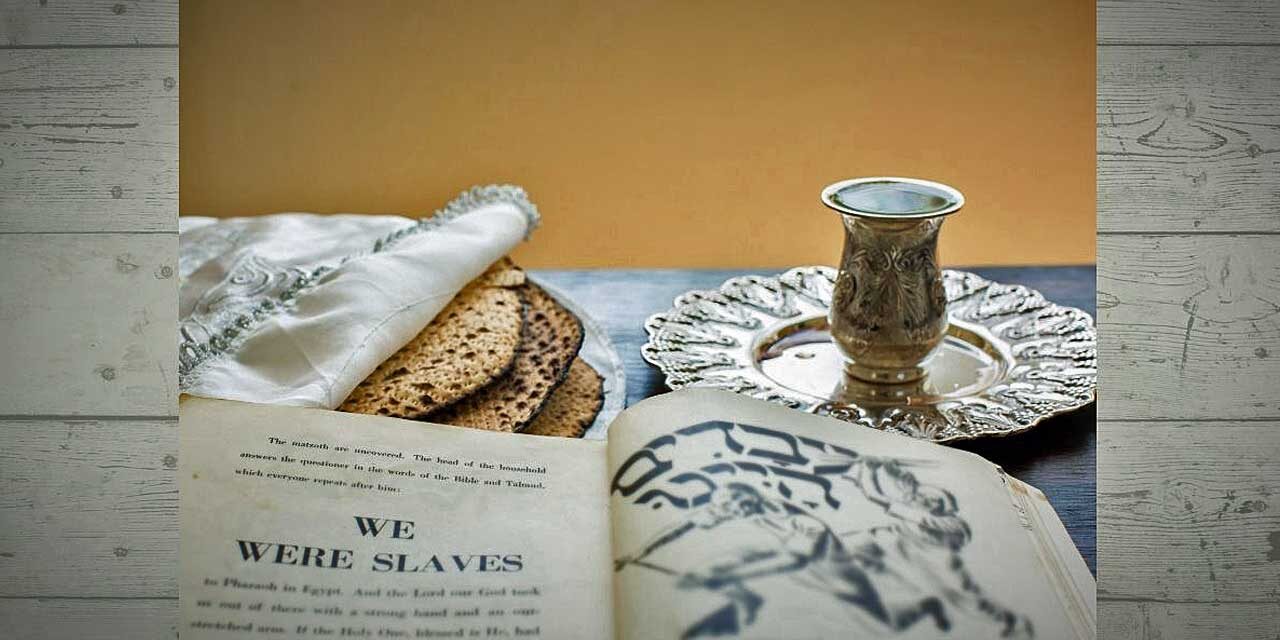The Education of True Liberty
By Rabbi Moshe Wolff
Chabad of Burien
[email protected]
Liberty is the core of American life. Patrick Henry’s dramatic speech at the Second Virginia Convention which concluded with “Give me liberty, or give me death!” is widely credited for setting off the Revolutionary War.
Clearly, as Americans, we value our liberty.
The Jewish festival of Passover is a celebration of liberty. Not a liberty one needs to fight for and defend, but a liberty that can never be lost. The Israelites did not fight their way out of Egyptian slavery 3,335 years ago. They were miraculously spirited from there after 210 years of oppressive suffering, and that liberty was never compromised since.
True liberty is freedom of the spirit, not the freedom of expression, movement or activity which is largely dependent on external circumstances. Although for most of recorded history Jews lived under oppressive regimes, we always remained inherently free. Even in Soviet Gulags and Nazi concentration camps, the spirit of faith, empathy, and care for another managed to flourish because the spirit is always free.
The Rebbe, Rabbi Menachem Mendel Schneerson, assumed leadership of the global Chabad Lubavitch movement in 1950, in the shadows of the horrors of the Holocaust, while three million Jews were trapped behind the Iron Curtain. He dedicated his life to rebuilding, rejuvenating, and inspiring the global Jewish community, but his influence extended to all humanity.
Here is a lesson I recently learned from listening to a recording of the event held in honor of the Rebbe’s 74th birthday (four days before Passover) in April of 1976. The topic was liberty, and he illustrated the distinction between external liberty and true liberty by analyzing a sensational recent event.
A week earlier, on April 5, 1976, the media announced the death of Howard Hughes, an American business magnate, investor, and philanthropist, known during his lifetime as one of the most financially successful individuals in the world. His extreme paranoia and eccentric reclusiveness had driven him into hiding and at the time of his death he suffered from malnutrition and was covered in bedsores.
“Here was a man who had the ability to do as he wished,” the Rebbe explained. “Yet in his personal life was more confined than an incarcerated prisoner.” His freedom of expression, movement, and activity were so severely hampered because he was unable to tap into the liberty of spirit.
I grew up around people who languished in Stalin’s gulags for years but stubbornly subsisted on potato peels and sugar cubes for the eight days of Passover so as not to violate the prohibition of eating leaven during the festival. I remember hearing the story of my friend’s grandmother, Mrs. Itu Lustig, which as a teenager in Auschwitz refused her morsel of bread the Nazis gave her on Passover eve. “It was my proudest moment in Auschwitz,” she told with a smile. They were prisoners in the worst conditions possible, but were truly free from within.
In conversation with educators, parents, and students I have learned that among all the challenges our society faces, education in particular has taken a terrible hit. Aside for the learning loss over the pandemic years, the skyrocketing suicide rates and mental issues among children and adolescents is terribly alarming, leading many to appreciate the crucial need to nurture a greater sense of inner purpose within our young ones, to provide them the liberty that cannot be compromised by their surroundings.
For over forty years, every US president has designated the Rebbe’s birthday as Education and Sharing Day in tribute to his bringing the topic of moral and ethical education to the forefront of the national conversation. This is the inner liberty achieved in classrooms, at dinner tables, neighborhood parks and in every interaction we have with our children. To nurture the awareness that each individual action can make a positive impact on the entire world, providing them the inner strength and purpose, that will make them inherently free.
Passover begins on Wednesday, April 5 in the evening and is celebrated through Thursday, April 13. To learn more about Passover please visit Jewishbfw.com/Passover.


